Four Common Performance Management Mistakes to Avoid
Four Common Performance Management Mistakes to Avoid
A company’s ability to expand its markets, seize innovation opportunities, maintain a competitive edge, manage change, and attain ongoing growth is closely related to the firm’s ability to implement strategy successfully.
Performance management measurement is how the firm determines the success of strategy implementation and the management of performance is what enables the company to achieve its goals in time.
Companies that still rely on manual methods for performance management or software not specifically designed for such, struggle to effectively measure and manage performance. In such instances, projects can cost more than planned for or not be completed on time, and stakeholders can become rather upset because their investments don’t pay off. Indeed, if left unchecked, the company’s ability to deliver on promises and expectations can be completely undermined, and this, in turn, can lead to serious image damage. With such comes the inevitable loss of business and profits. It is a downward spiral that cannot end well.
Such scenarios don’t have to be part of your business outlook. If you invest in the correct performance management software as part of your performance management system planning, you will be able to effectively measure the operational performance of every team in the company. It is, however, essential to use the correct set of metrics to enable in-time spotting of problem area, which will make it possible to take corrective actions in a timely manner to reach the company goals.
Below are the most common mistakes to avoid in implementing a performance management system, even when you already have the right performance management software.
1. Not executing the performance management system fully
Don’t blame the performance management system and the software used if a team is not performing as they should. The system is in place to measure performance. If performance is lacking, then you need to address the performance problem. Never ignore important metrics for the sake of creating a better picture of how an individual, unit or the company is performing. The necessary changes must be made to ensure better performance in line with the company’s goals.
2. Inability to customise the system to meet your company’s strategic goals
One size doesn’t fit all. Have you ever bought a clothing item of which the label states that one size fits all? Although there are retailers selling such clothing items, the truth is that the clothing pieces most probably don’t fit anyone perfectly. The pieces are either too big or too small, and don’t highlight the best features of the wearers.
The same applies to anything else in life, including performance management systems. As such, you will need customisation features. This means the performance management software must be relevant to your company, and the dashboards must be designed to fit your company perfectly. This is where our expertise comes in handy. We supply you with superior quality performance management software and design dashboards specifically suited to your particular metric analysis requirements.
3. Incorrect KPIs
Thousands of KPIs can be used to track the performance of individuals, teams, departments, business units and companies. But not all are relevant! As such, it is imperative to choose KPIs that are relevant and critical in measuring and improving performance at every level of your company.
As a rule of thumb, follow the approach that the KPIs selected must be specific, 100% measurable, achievable, and relevant to the specific units and for a specific period. This means that the metrics must be assigned to specific individuals, teams, units etc., to ensure that there is accountability for performance. You should not measure subjectively, which is a problem of many performance appraisal systems in place today.
Everything measured must be concrete. You need to choose realistic targets which are attainable for the group or persons who are responsible for achieving the targets.
The KPIs selected must be relevant to your company’s strategy, and finally, there must be a relevant and realistic timeframe for measurements, as well as improvement.
4. Not aligning the daily processes with the overall organisational processes
Certain processes drive your company’s performance. As such, it is essential to integrate performance management into every aspect of the company, including day-to-day operations and processes. This means it is relevant to every department, whether marketing, production, delivery or recruitment. To this end, you need to select KPIs that reflect the strategic goals of the company and measure performance in a calculated manner.
You will thus measure performance on an individual, departmental and business unit level, as well as the overall company performance – all in line with the overall strategic goals of the company.
Make use of our services and products to get the expert help and the best performance management software you need for optimal measurement, ongoing improvement, and achievement of your company’s strategic performance goals.


